So, has everyone calmed down yet? The news of The Matrix rebooting has caused a bit of a furore recently. Now the dust has settled somewhat, perhaps it’s time to take the red pill and look at what lies in store for any future films, because frankly it’s surprising it’s taken this long for the series to be revived. In fact, it was inevitable.
It was way back in 2003 that saw the last entry in the Matrix series, the much derided Revolutions. But you would think a series that has made $1.6 billion at the box office wouldn’t have waited this long for a follow up, well you can blame that on Revolutions itself.
Whilst the film may have rounded off the story of Neo and Co., which would halt any immediate follow-ups, it was rather the hugely negative response that spoiled audience’s appetites. Revolutions had received the worst reviews of the series so far, 36% on Rotten Tomatoes, less than half of Reloaded’s 73% and a far cry from The Matrix’s 87%. Good will towards the series was at a low point.
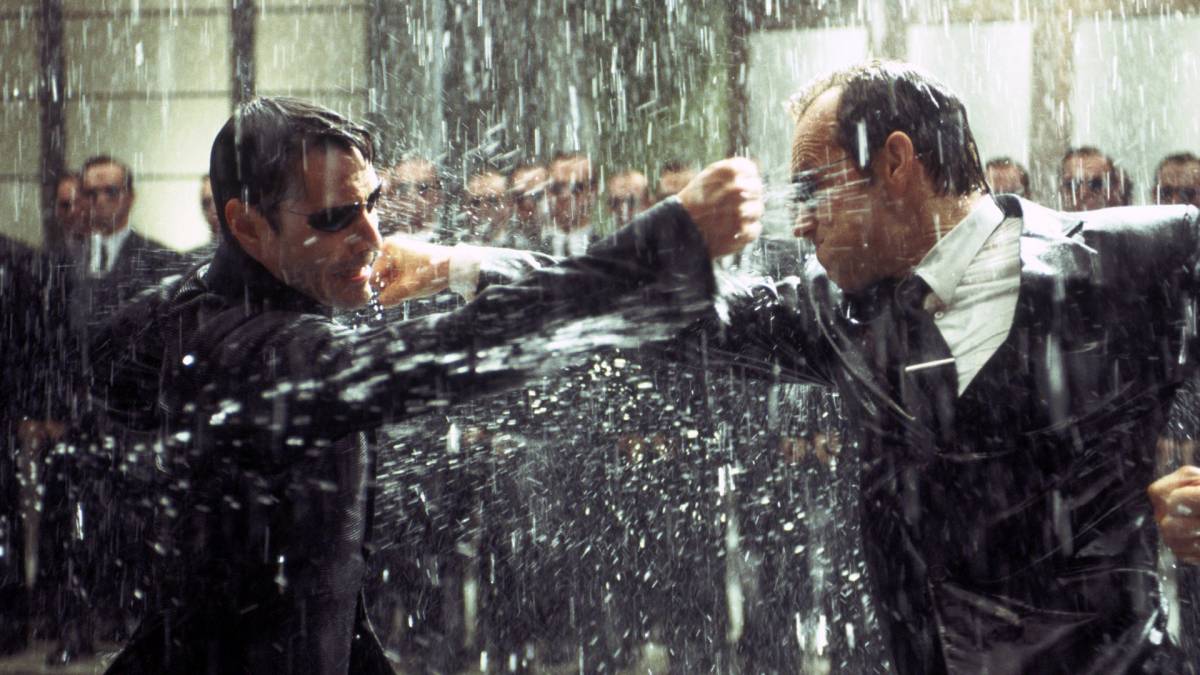
A steep decline that was reflected in box office receipts, Revolutions grossing $300 million less than its predecessor Reloaded, was pretty much the death knell for any hopes of The Matrix continuing beyond its original trilogy. With the series’ R-rating already limiting profits, any decline in audience was going to be costly.
And of course this all happened before the term reboot started to be associated with film; that came a few years later with Batman Begins. Joel Schumacher’s Batman and Robin killed the DC franchise stone dead (as I’m sure you’re aware) and it wasn’t until Christopher Nolan got his hands on the caped crusader that the franchise became successful again.
The term reboot seems commonplace nowadays. If a franchise begins to lose money or reaches its natural end, bring in a new cast and crew and start from scratch. If Tobey Maguire’s Spider-Man starts to struggle, bring in Andrew Garfield, and if he can’t turn it around, bring in Tom Holland. The same has happened with Fantastic Four and Batman, again. We’re even getting a new Han Solo. So is it any surprise to see The Matrix Rebooted?
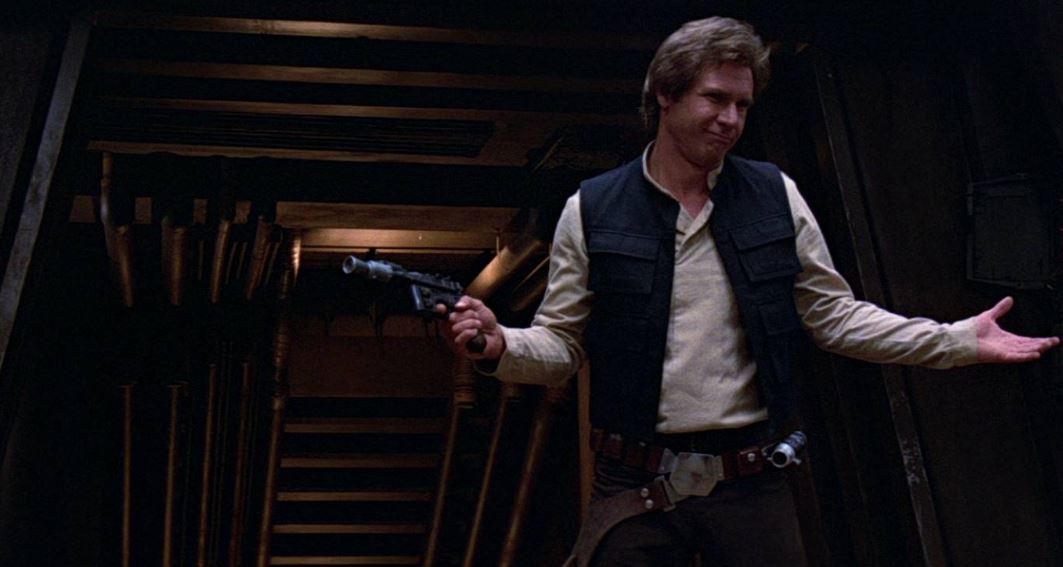
Early reports suggest that the original cast and directors will not be involved, and writer Zak Penn has stated that the film will not be a reboot. But this is of course very early development. At this stage, things can go out the window, and if any pre-existing characters were to be recast it would become a reboot to some extent, even if the overall history remains unchanged.
It seems the world of Neo and the journey of the one would, wisely, not be the main focus. That story has been told-however clumsily in parts-and it seems obvious to move on to a new focus, but what remains to be explored in the world of The Matrix?
The original trilogy introduced audiences to the duel world of the Matrix, the eponymous plugged-in utopia and the dystopian machine world, where humans live in the underground Zion. Whilst those films may have completed The Matrix’s overall story arc, there are still possibilities within. There would appear to be two main options going forward. Either focus on events before the story of Neo, or after. The latter would perhaps be more difficult to execute.
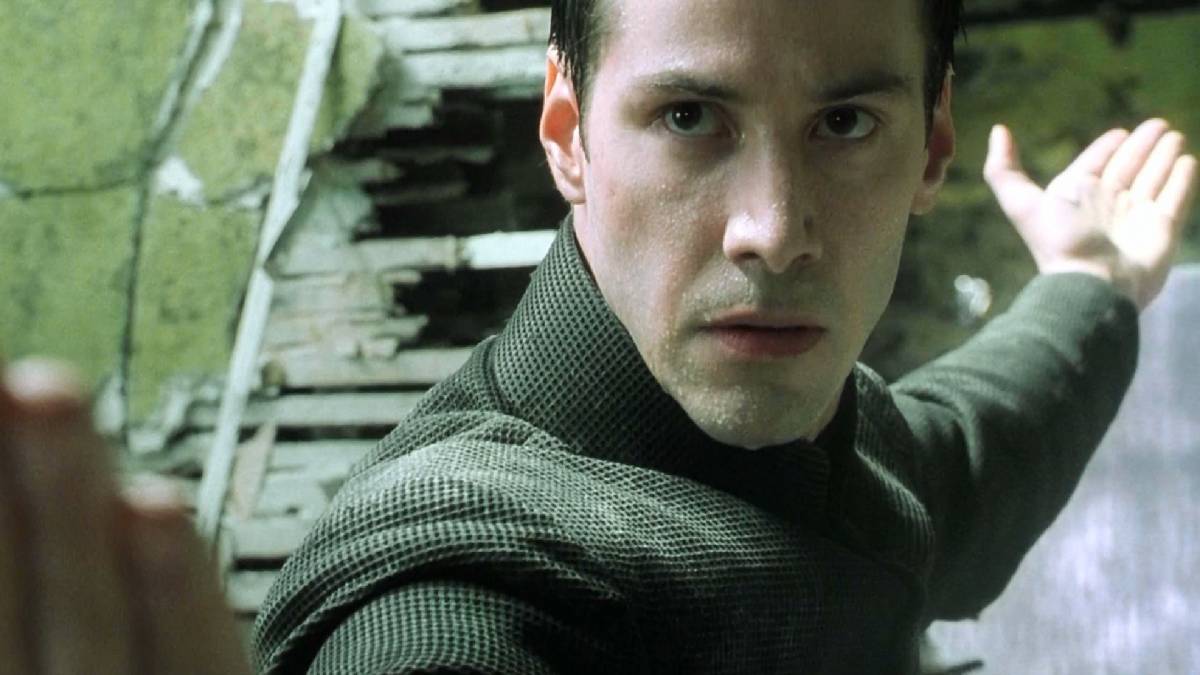
Setting events after the original films may seem like a good way to start afresh, but it suggests clear problems. The denouement of Revolutions saw the two worlds of The Matrix finally find peace; to create a story after this would undo the ‘happy’ ending of the originals. Any drama created inside the Matrix would suggest that the machines have again turned on humanity, which would be a rather sad indictment of the original characters’ efforts and sacrifice.
And of course the film would have to be set inside the Matrix for at least some part. One of the many failings of Revolutions was a lack of time inside the Matrix itself; nobody needs to make that mistake again. Though you could argue that a new machine uprising is necessary, Reloaded described the nature of the Matrix to be cyclical – Neo wasn’t the only ‘One.’ By that process, it is only logical that events repeat themselves.
But surely that’s not what fans want, a reworking of the original story, with a new version of ‘the One’? It’s hard to see what that could offer. The original Matrix became such a huge success because it was new and innovative, in today’s special effects heavy industry, how could audiences be blown away like they were in 1999? Nowadays, it takes a movie like Inception or Interstellar to break new ground.
Surely the easier option is to look backwards rather than forwards. The original films suggested a rich history in the world of the Matrix, with many characters and stories that could be elaborated upon. When Morpheus lays out the exposition for the Matrix, he reveals that whilst the people inside think it is 1999, it is actually closer to 2099. This suggests a huge time period that could be explored: the first uprising of the machines, the creation of Zion and early iterations of the Matrix itself. The Architect reveals to Neo in Reloaded that the version of the Matrix we see is not the first.
The supporting characters also offer a large number of potential stories. Whilst the originals may have shown the beginning and end for Neo, there is still the rest of the crew of the Nebuchadnezzar: Morpheus, Trinity, Cypher et al. When we are first introduced to these characters, they are already developed, unplugged from the Matrix and have installed all the Kung-Fu programs they could possibly need. Looking back at how they got there is a definite viable option.
It seems this option hasn’t gone unseen. Early rumours suggest that a Morpheus prequel starring Michael B. Jordan is an early frontrunner. While stories involving existing characters seem to offer themselves creatively, they run the risk of a fan base backlash, alienating the target demographics could be potentially costly for Warner Bros.
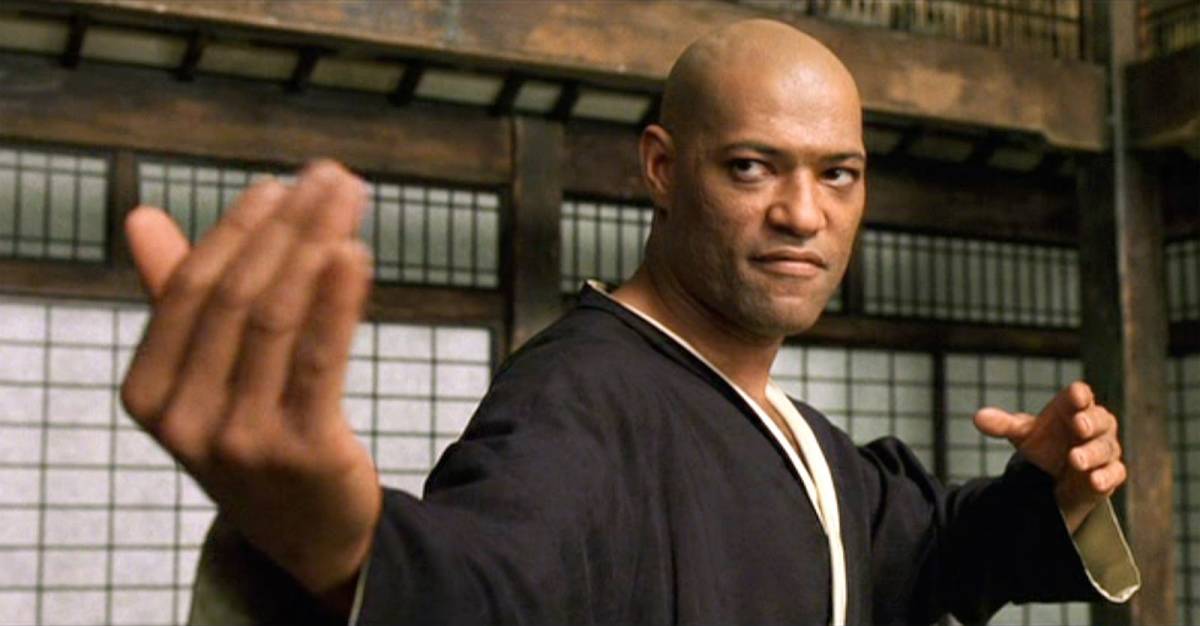
Out of all the original characters, Morpheus suggests the greatest potential. But while it may seem worthwhile to explore his formative years, escape from the Matrix, meetings with the Oracle and how he became captain of the Nebuchadnezzar, can anyone fill Laurence Fishburne’s shoes?
Michael B. Jordan may be a good choice; he is hot property after the success of Creed and having a black actor as the lead role would be a good move for the studio, but can it really be successful? Morpheus became such an iconic character after The Matrix and remains Fishburne’s most recognisable role to date. It will be no easy task to re-imagine him. Perhaps the fate of a similar-sounding future release -the as yet untitled young Han Solo film- will provide a good test if audiences will accept a new actor in an iconic role.
If the Morpheus project fails to develop, there are also supporting characters worth looking at. Reloaded introduced us to Niobe, played by Jada Pinkett-Smith, a character not largely touched upon in the films, but the main subject of the Enter The Matrix, the video game released in tandem with the sequels. Exploring a less iconic character may not elicit suck backlash from fans and, in Niobe’s case, presents a great opportunity for a female lead. There is also The Animatrix to draw from; Penn has suggested that the animated film may be a source of inspiration.
If focusing on an existing character proves too risky, there is of course the option to create a new set of protagonists from scratch, allowing a greater level of creative freedom, but without any existing characters to entice audiences. Rogue One may have made over a $1 billion, but it still required the presence of pre-existing canon characters. It’s hard to imagine that it would have been such a success without the promise of Darth Vader. Whilst fans may not take to new versions of characters, their inclusion may be necessary for any future films to succeed financially.
So those are the options for protagonists, what about antagonists? The main villain of the originals was Agent Smith, played by Hugo Weaving, but much like Neo, it feels like his story has been finished and bringing him back would be anticlimactic. Though the nature of the Matrix suggests that ‘Agents’ will be inevitable, perhaps it is best that they are kept as cannon fodder rather than the main big bad, as any storyline involving them could easily become repetitive.
A better existing option could be The Merovingian, a minor character introduced in Reloaded and played with scene-devouring glee by Lambert Wilson. The character is suggested to have a deep history in the Matrix and was certainly enjoyable enough to warrant a further appearance. Again, as with the protagonists, there is always the option to create someone brand new, which would probably be the better case. If a pre-existing character becomes the film’s main focus, including a pre-existing villain could end up feeling a bit stale.
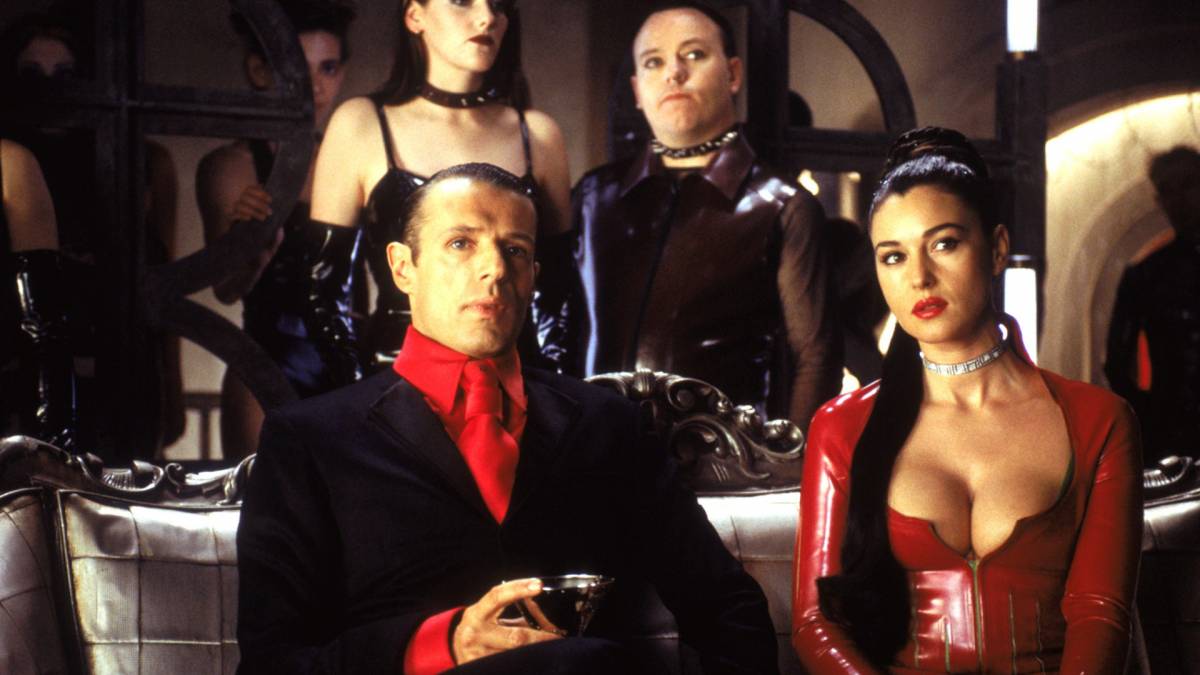
So there’s clearly plenty of avenues to be explored story-wise, however risky, but is the world of The Matrix still a selling point? Bringing back the series is potentially a huge financial gamble for all involved and a lot has changed culturally since the original in 1999 – does the universe need to be brought up to speed?
One problem that arises if the film were to focus on existing characters is that it would have to stay true to the design of the originals, updating the technology would make no sense. The chunky computers, big mobile phones and of course the costumes are key to any pre-1999 setting within the Matrix. All of this may have been relevant at the time, but now is clearly dated and would have to be embraced as a period piece, losing the futuristic and forward-thinking nature of the originals. But the cyberpunk element does feel rather dated now, it might be best to acknowledge that. Those long leather coats weren’t going to stick around forever, were they.
There are other elements of the Matrix itself that need addressing. Whenever Neo and Co. would enter the Matrix they would be located in a nondescript American city. This was at a time where the studio would’ve expected the large majority of their profits to come from US screenings – the current market has changed dramatically since then. The global box office now brings in a much larger percentage of the profits, with China becoming a much bigger market.
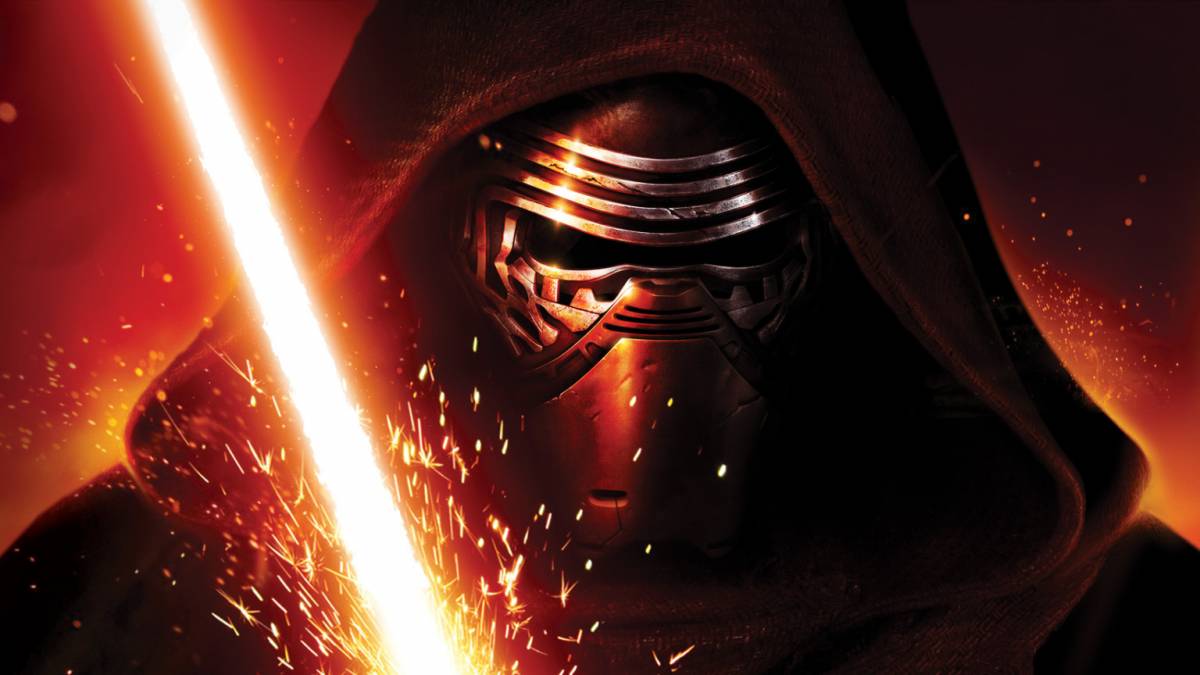
Incredible results in the Chinese markets helped Avatar gross so much and failure there saw The Force Awakens unable to overtake it. Many films in recent years have looked to the Far East to boost revenue and it would be no surprise to see any future Matrix films set in an Asian territory.
Also adding Asian or European actors to the cast would be in the studio’s best interest; the previously mentioned Rogue One’s box office was no doubt helped by its cast’s diversity. Additionally, the recent success of R-rated movies grossing a lot higher than before, such as Deadpool and Logan can only work in the franchise’s favour, fans would not be happy at the series being diluted in order to make more money.
It’s been established that the Matrix needs to be the setting for the film, as the decreasing amount of time inside in Reloaded and then Revolutions was detrimental to their failure, but the nature of telling story in the Matrix creates a problem. When you break down the Matrix-centric events form the originals, they generally follow a similar pattern: get in, talk to someone or acquire something, then escape. It’s a fairly repetitive narrative model.
The originals overcame this with innovative effects and the fact that the world of the Matrix was new to audiences, but fourth time round, will it still be able to work its magic? Bullet time, ghosting agents and rippling glass may have been jaw-dropping back then, but they have been one-upped and parodied to death in the years since. Any future events in the Matrix will have to really up the ante to avoid being repetitive.
Bringing back The Matrix clearly makes financial sense to the powers that be, but there are plenty of risks that need to be navigated, whether the new film(s) stick within the world of the original Matrix or go a new direction entirely. Either way, plenty of work lies ahead to get fans to journey down the rabbit hole again.
Some of the coverage you find on Cultured Vultures contains affiliate links, which provide us with small commissions based on purchases made from visiting our site. We cover gaming news, movie reviews, wrestling and much more.



